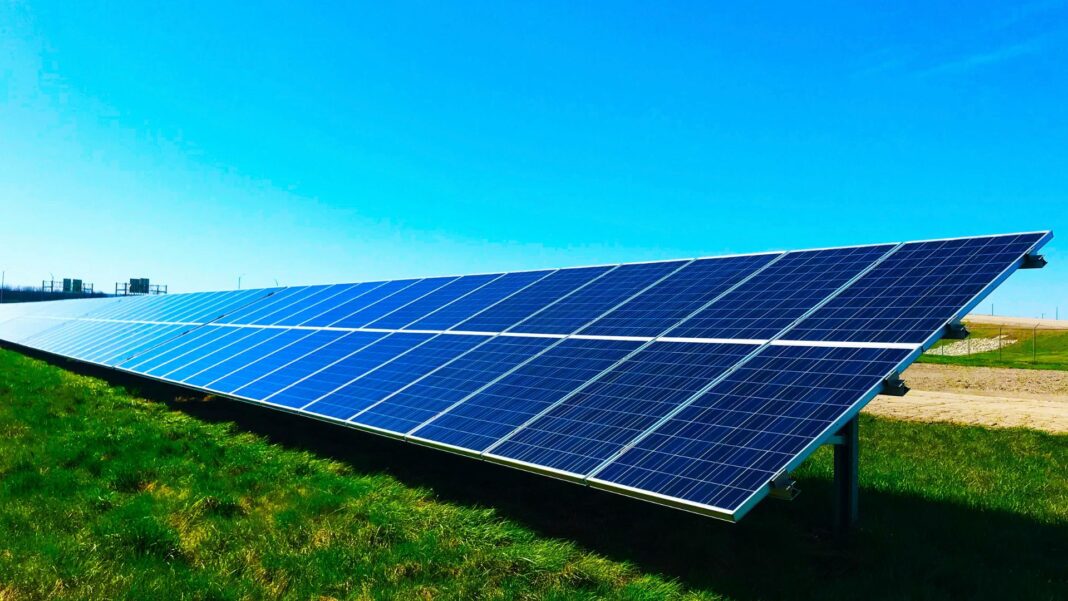Solar energy has become a cornerstone of sustainable development in the 21st century. As the world grapples with the challenges of climate change and the depletion of fossil fuels, solar power offers a clean, renewable, and increasingly affordable solution. This comprehensive guide explores the benefits, technologies, and future of solar energy.
What is Solar Energy?
Solar energy is the radiant light and heat from the sun that is harnessed using a range of technologies, including solar photovoltaics (PV), solar thermal en
ergy, and solar architecture. It is a renewable resource, meaning it can be continuously replenished.
Benefits of Solar Energy
- Environmental Impact: Solar energy significantly reduces greenhouse gas emissions, helping to mitigate climate change. It produces no air or water pollution and has minimal impact on the environment compared to traditional energy sources.
- Economic Savings: Installing solar panels can reduce or even eliminate electricity bills. Over time, the savings on energy costs can offset the initial investment in solar technology.
- Energy Independence: Solar energy reduces reliance on imported fuels. By harnessing the power of the sun, countries and individuals can achieve greater energy security and independence.
- Job Creation: The solar industry creates jobs in manufacturing, installation, and maintenance. According to the International Renewable Energy Agency (IRENA), the solar sector employs millions worldwide and is a significant driver of economic growth.
Types of Solar Technologies
- Photovoltaic (PV) Systems: These convert sunlight directly into electricity using semiconductor materials. PV systems can be installed on rooftops, integrated into building materials, or deployed as large-scale solar farms.
- Solar Thermal Systems: These use mirrors or lenses to concentrate sunlight, heating a fluid that produces steam to drive a turbine and generate electricity. Solar thermal technologies are particularly effective in sunny regions and are used for both electricity generation and heating applications.
- Solar Architecture: This involves designing buildings to maximize the use of natural sunlight for heating, lighting, and cooling, reducing the need for artificial energy sources.
How Solar Panels Work
Solar panels, or modules, consist of numerous solar cells made from silicon. When sunlight hits these cells, it knocks electrons loose from their atoms, generating a flow of electricity. This direct current (DC) electricity is then converted to alternating current (AC) by an inverter, making it suitable for use in homes and businesses.
The Future of Solar Energy
The future of solar energy looks promising, driven by technological advancements, policy support, and growing environmental awareness. Here are some trends shaping the future of solar power:
- Increased Efficiency: Research and development are leading to more efficient solar cells, capable of converting a higher percentage of sunlight into electricity. Innovations like perovskite solar cells and bifacial panels are at the forefront of this evolution.
- Energy Storage: Advances in battery technology are enhancing the ability to store solar energy, ensuring a reliable supply even when the sun isn’t shining. Energy storage solutions like lithium-ion batteries and flow batteries are becoming more affordable and widespread.
- Integration with Smart Grids: Solar energy is increasingly integrated with smart grid technologies, which use digital communication to optimize the distribution and consumption of electricity. This integration improves grid stability and allows for more efficient energy management.
- Policy and Incentives: Governments worldwide are supporting solar energy through incentives such as tax credits, rebates, and feed-in tariffs. These policies are crucial for accelerating the adoption of solar technologies.
Conclusion
Solar energy is a pivotal component of the global transition to sustainable energy. Its benefits extend beyond environmental protection to economic savings, energy independence, and job creation. As technology continues to advance and costs decline, solar power is poised to play an even more significant role in meeting the world’s energy needs.
Investing in solar energy today means investing in a cleaner, brighter future for generations to come. Embrace the power of the sun and join the renewable energy revolution.
